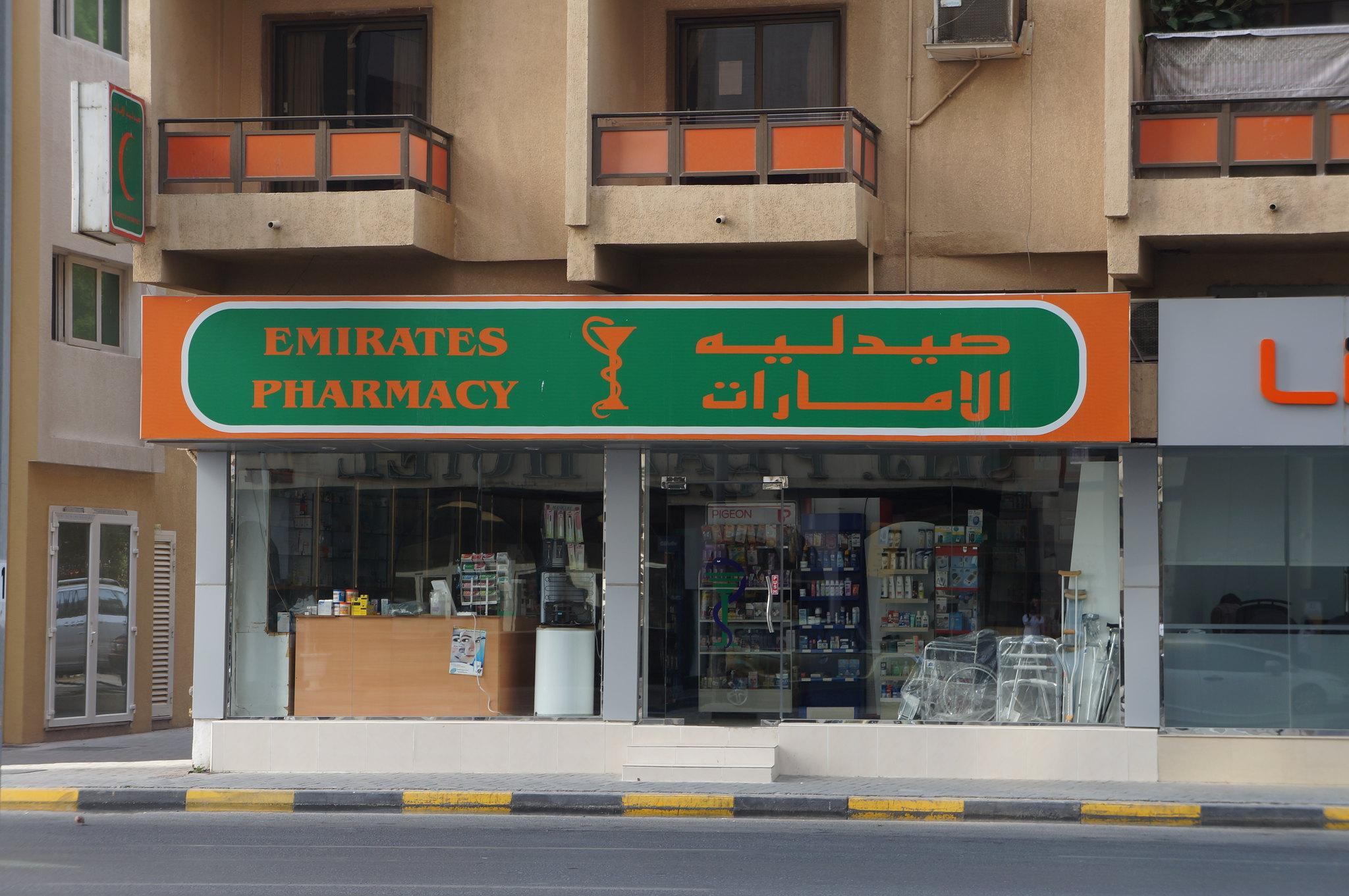Dubai is a city of contrasts (as Nonna Mordyukova’s character would say), where futuristic skyscrapers stand side by side with traditional markets, and people from all over the world find new opportunities. However, moving to such a luxurious metropolis requires careful budget planning, as living expenses here can be significant.
1. Housing – One of the Major Expenses
Housing costs in Dubai make up a significant (often the largest) part of the budget, especially for those who do not own an apartment or house. Rental prices depend on the area, size of the property, and its type, but overall, they are by no means low – especially when compared to average cities in Russia. You could say that Dubai's prices are quite comparable to Moscow and Sochi, and sometimes even exceed them.
In the city center, prices are typically higher than in more remote areas, but the quality of housing in Dubai is very high almost everywhere. It is also worth noting that rent in the Emirates is usually paid in one lump sum for the year, which can be a significant financial commitment.
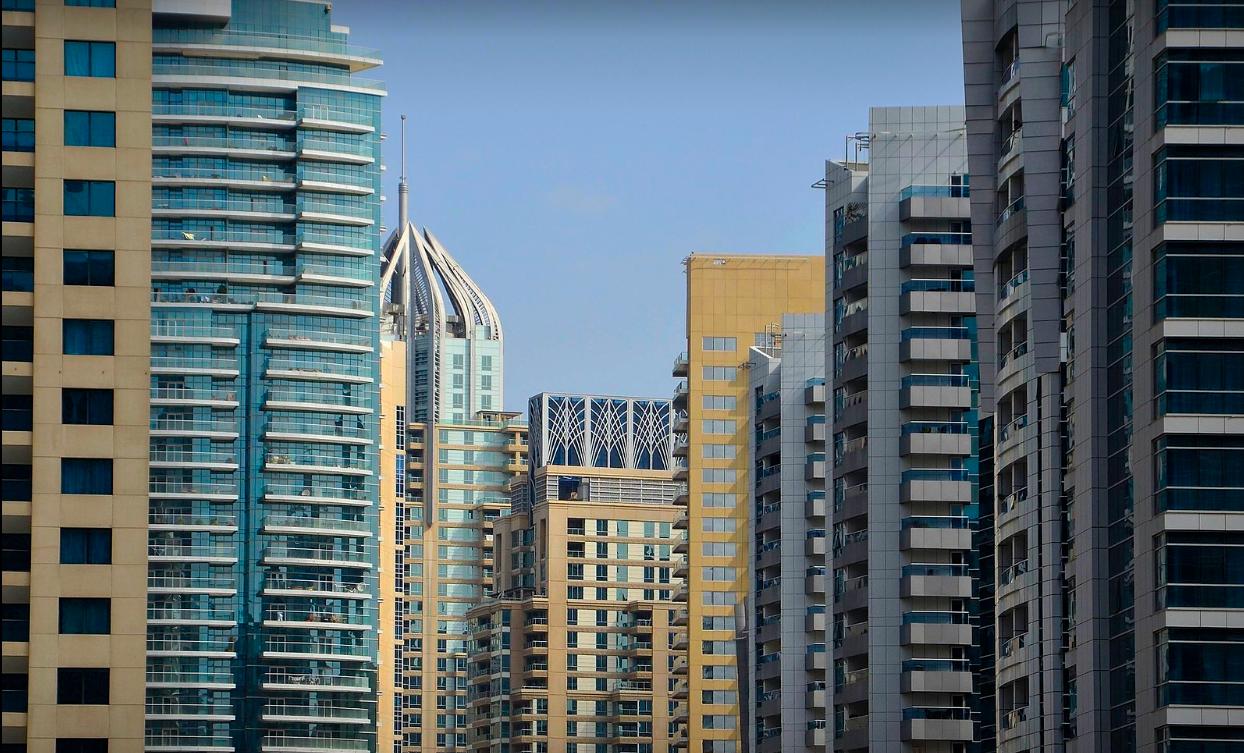
1.1. Types of Housing and Prices in Dubai
It cannot be said that the Emirates differ greatly from other countries. The real estate here is mainly represented in a format familiar to Westerners: apartments and houses. Townhouses are less common, but it cannot be said that they are nonexistent.
- Apartments: In Dubai, you can rent both small studios and spacious apartments with several bedrooms. Rental prices in central areas, such as Downtown Dubai, Dubai Marina, or Jumeirah Beach, will be significantly higher.
- Villas: Villas are larger and more private housing options, usually located in the suburbs. They may come with their own pool and garden.
- Rooms and Shared Accommodation: To save on costs, some expats choose shared living, where you can rent a separate room in an apartment or house. Essentially, it’s like a "communal apartment."
Tip: Renting a bed in a hostel or guesthouse on a long-term basis is possible but often costs more than renting regular housing (unlike in many other countries). This option is suitable only for the first 1-2 months of living in Dubai, after which it’s advisable to look for long-term rental options.
Average rental costs in Dubai for reference (per year):
Type of Housing | Area | Rental Cost (AED) | Rental Cost (USD) |
Studio | Downtown Dubai | 40–70 тысяч | $10,900–$19,000 |
1-bedroom apartment | Dubai Marina | 60–100 тысяч | $16,300–$27,200 |
2-bedroom apartment | Jumeirah Beach | 90–140 тысяч | $24,500–$38,100 |
3-bedroom apartment | Palm Jumeirah | 140–250 тысяч | $38,100–$68,100 |
3-bedroom villa | Arabian Ranches | 140–220 тысяч | $38,100–$60,000 |
5+ bedroom villa | Al Barari | 200–400 тысяч | $54,400–$108,100 |
Room in apartment | DIFC, JLT, или Silicon Oasis | 20–40 тысяч | $5,400–$10,900 |
1.2. Additional Housing Expenses
When renting property in Dubai, it's important to consider not only the rental cost itself but also additional expenses that can significantly impact the overall budget. Typically, these are the “standard set” of expenses: utilities and deposit.
- Deposit: Usually, a deposit is required when renting a property in Dubai, typically amounting to 5% of the annual rent. This deposit is usually returned at the end of the rental term, provided the property is not damaged and all bills are paid.
- Utilities: In Dubai, utility costs are another significant expense. These include payments for electricity, water, internet, and air conditioning, which is used almost continuously during the summer. The average utility cost ranges from 500 to 1,500 AED ($135–$410) per month and depends on the size of the property, energy usage, and the weather.
- Parking: In some areas of Dubai, renting a parking space may be a separate expense. On average, parking costs range from 2,000 to 8,000 AED ($550–$2,200) per year. The cost depends on the area and the convenience of the parking space, such as the availability of underground parking or proximity to the property.
- Services in Residential Complexes: Some residential complexes may charge additional fees for maintaining the surrounding area, pools, gyms, concierge and security services, and other common areas and services included in the complex's infrastructure.
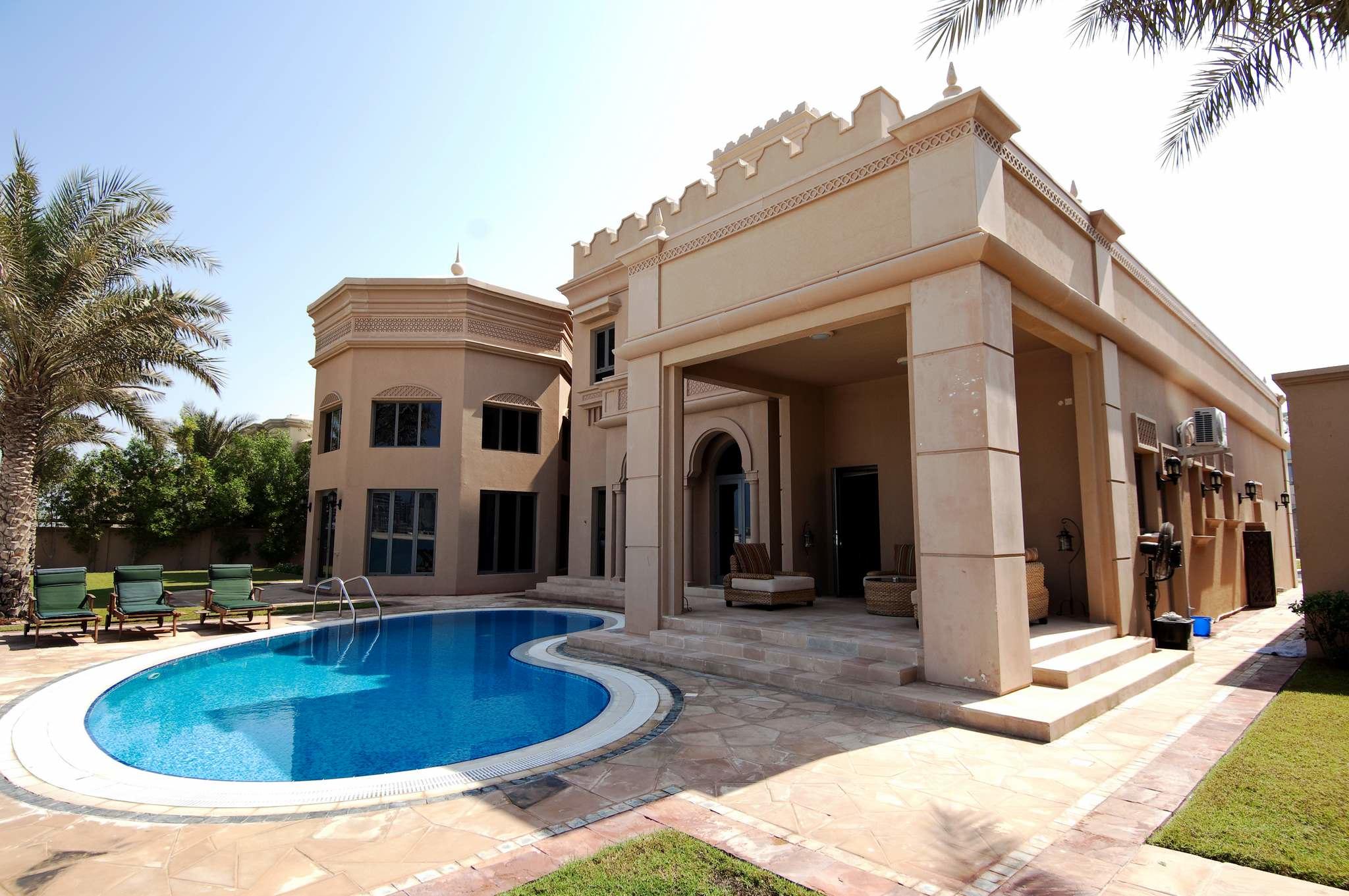
What to Advise Those Planning to Move to Dubai and Want to Save Money:
- 1. Choose More Remote Areas:
If you want to reduce housing costs, consider locations that are not in the city center. Areas like Al Barsha or Dubai Silicon Oasis offer more affordable rental prices compared to popular central or coastal areas.
- 2. Long-Term Rent:
If you plan to live in Dubai for a long time, signing a long-term rental agreement may allow you to secure better terms. Tenants who sign multi-year contracts often receive discounts from property owners.
- 3. Shared Living:
If you're living alone, renting a room in an apartment or house can be a great way to reduce housing costs. Shared living also allows you to split rent and utility bills, which is beneficial for young professionals or students.
The measures mentioned above will help significantly reduce housing costs, at least for the initial period. This will give you a clearer idea of the overall cost of living in the Emirates, allowing you to decide where you can cut expenses and where it might be worth spending a little more.
2. Food and Miscellaneous Household Expenses:
Food in Dubai is a blend of cultures and culinary traditions, where you can find products and establishments of various nationalities (both Asian and European). It's important to note that food prices heavily depend on the origin: imported goods are more expensive than local equivalents, and there are many local options available.
Note: The UAE is a desert region, so it's difficult to grow vegetables, fruits, or livestock for meat. Therefore, many familiar products are imported.
To save money, many residents prefer to cook at home, as eating out in cafes and restaurants can significantly increase monthly expenses. However, the variety of available options, including street food and delivery services, allows you to find a solution for any budget.
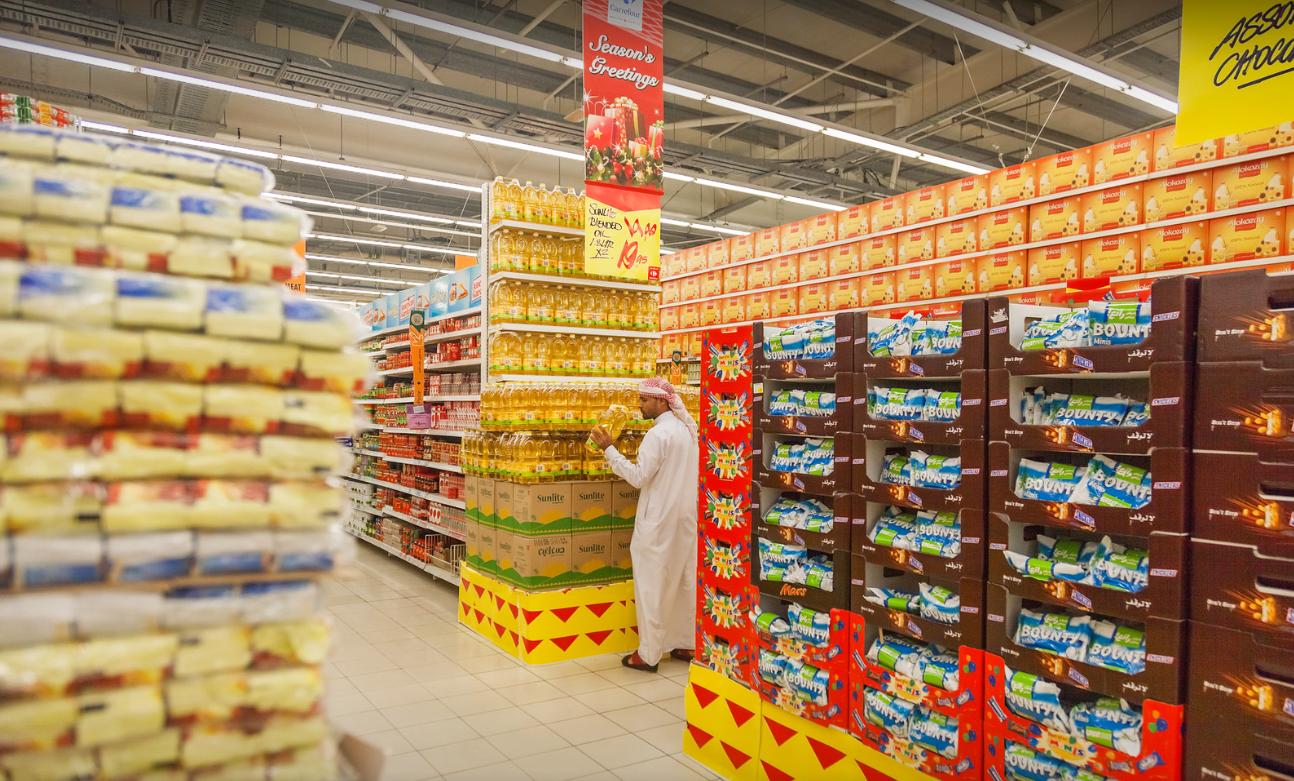
This category of expenses can also include necessary household costs, such as cleaning products, small household items, work supplies, and other miscellaneous expenses.
Approximate prices for groceries and household chemicals in supermarkets:
Product | Price (AED) | Price (USD) |
Milk (1 liter) | 6 AED | $1.6 |
Bread (500 g) | 5 AED | $1.4 |
Chicken fillet (1 kg) | 30 AED | $8.2 |
Eggs (12 pieces) | 12 AED | $3.3 |
Apples (1 kg) | 10–15 AED | $2.7–$4 |
Rice (1 kg) | 8 AED | $2.2 |
Potatoes (1 kg) | 5 AED | $1.4 |
Tomatoes (1 kg) | 7–10 AED | $1.9–$2.7 |
Bananas (1 kg) | 6–8 AED | $1.6–$2.2 |
Beef (1 kg) | 50 AED | $13.6 |
Salmon (1 kg) | 70 AED | $19 |
Olive oil (1 liter) | 25 AED | $6.8 |
Yogurt (1 kg) | 15 AED | $4.1 |
Coffee (250 g, ground) | 15–25 AED | $4.1–$6.8 |
Dishwashing liquid (1 liter) | 10 AED | $2,5 |
Laundry detergent (1 liter) | 20 AED | $5,5 |
Shampoo (1 liter) | 12–90 AED | $3,3–25 |
Prices for food and drinks in cafes and restaurants for one full meal:
Place | Approximate Bill per Person | Price (USD) |
Fast food (McDonald's) | 25 AED | $6.8 |
Budget cafe | 30–60 AED | $11–$16 |
Mid-range restaurant | 120–200 AED | $33–$55 |
Fine dining restaurant | от 400 AED | $110+ |
Cup of coffee (espresso or cappuccino) | 12–25 AED | $3.3–$6.8 |
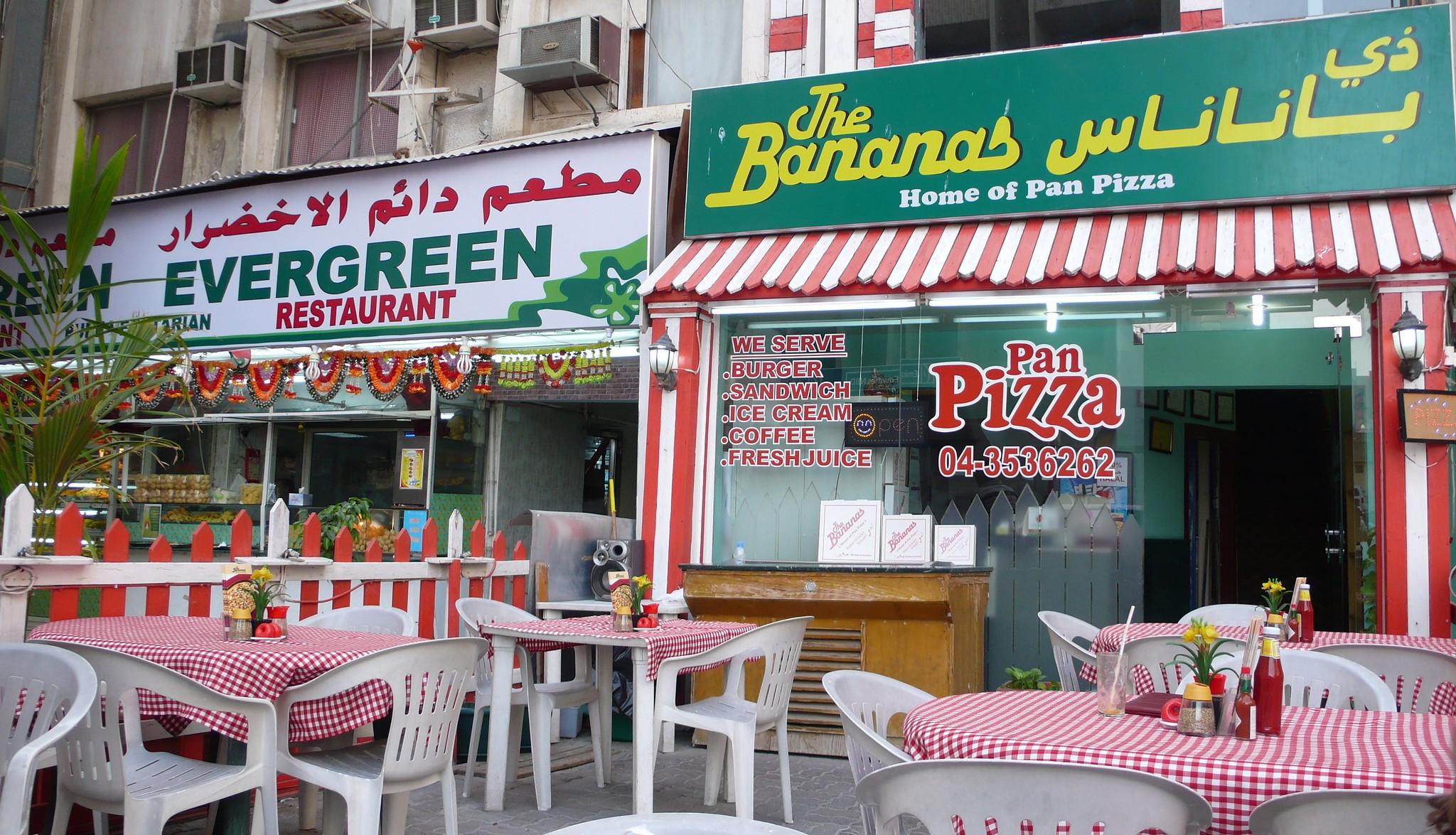
Food delivery services are also available in Dubai, and the networks are quite developed. Delivery through apps like Talabat, Deliveroo, or Zomato is popular among residents. The cost varies depending on the restaurant and dish chosen:
- Budget fast food items (burger, shawarma): from 20 AED ($5.5)
- Average cafe lunch for one: 50–70 AED ($14–$19)
- Delivery (depending on distance) and service charges: 5–15 AED ($1.4–$4)
Tip: Fresh farm products can easily be bought at markets such as Deira Fish Market or Fruits & Vegetables Market. You can get good quality at an affordable price.
3. Transportation
Dubai has a well-developed and convenient transportation system, making getting around the city comfortable and accessible for all residents, including expats and tourists. The main modes of transport in Dubai include the metro, buses, trams, taxis, and water taxis. Public transportation is a reliable and relatively cheap way to travel around the city. At the same time, for those who prefer more comfort, rental cars and taxis are available.
3.1. Public Transport
The metro is one of the most popular, fastest, and convenient ways to get around Dubai. The metro network covers the main areas of the city, including popular spots like Marina, the airport, and central lines. It’s a convenient option for both tourists and locals, especially during rush hours when car traffic can be difficult.
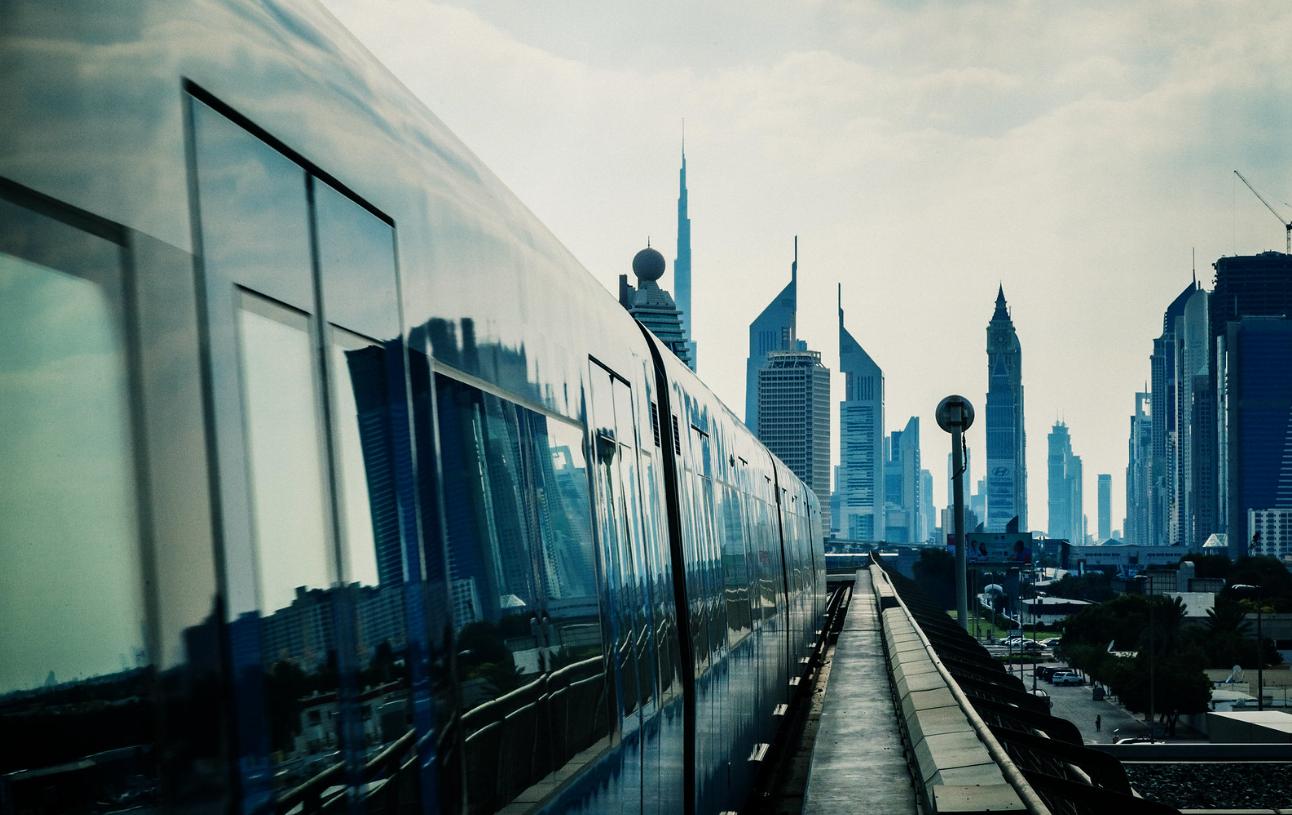
Buses and trams complement the transportation network and connect the more remote areas of the city, as well as provide access to areas not covered by the metro. For example, buses can take passengers to the suburbs or neighboring emirates, as well as less populated zones not served by the metro. With the public transportation system, it’s easy to get around Dubai, especially if you use a single ticket for all types of transport.
Tip: To use public transport in Dubai, it’s better to have an NOL card, which allows you to pay for metro, bus, and tram rides. Cards can be purchased at stations from vending machines or from bus drivers. They are more cost-effective than buying a single ride ticket.
Interesting: Dubai also operates water transport. It allows people to travel between the city’s coastal areas without traffic jams and relatively quickly. For many, this transport remains exotic, so it can be used for new experiences as well.
3.2. Taxis
Taxis are a more expensive way to get around Dubai, but they remain popular among residents and tourists due to their convenience and speed. Two main taxi companies operate in Dubai: RTA and Careem. It’s easy to hail a taxi on the street or order a car through these companies’ mobile apps.
Taxi fares begin with a fixed fare for the initial boarding, after which a charge is added for each kilometer traveled. Taxis in Dubai are relatively expensive, but they are suitable for short trips and late-night travel.
Tip: In Dubai, you can find ride-sharing services, which can help save on travel costs.
3.3. Personal Transport
Many expats in Dubai prefer to rent or purchase cars, which is explained by the affordable fuel prices and wide roads. However, car ownership also includes additional expenses such as insurance, parking, fuel, and maintenance. Renting a car is a good option for those who want more flexibility when traveling around the city.
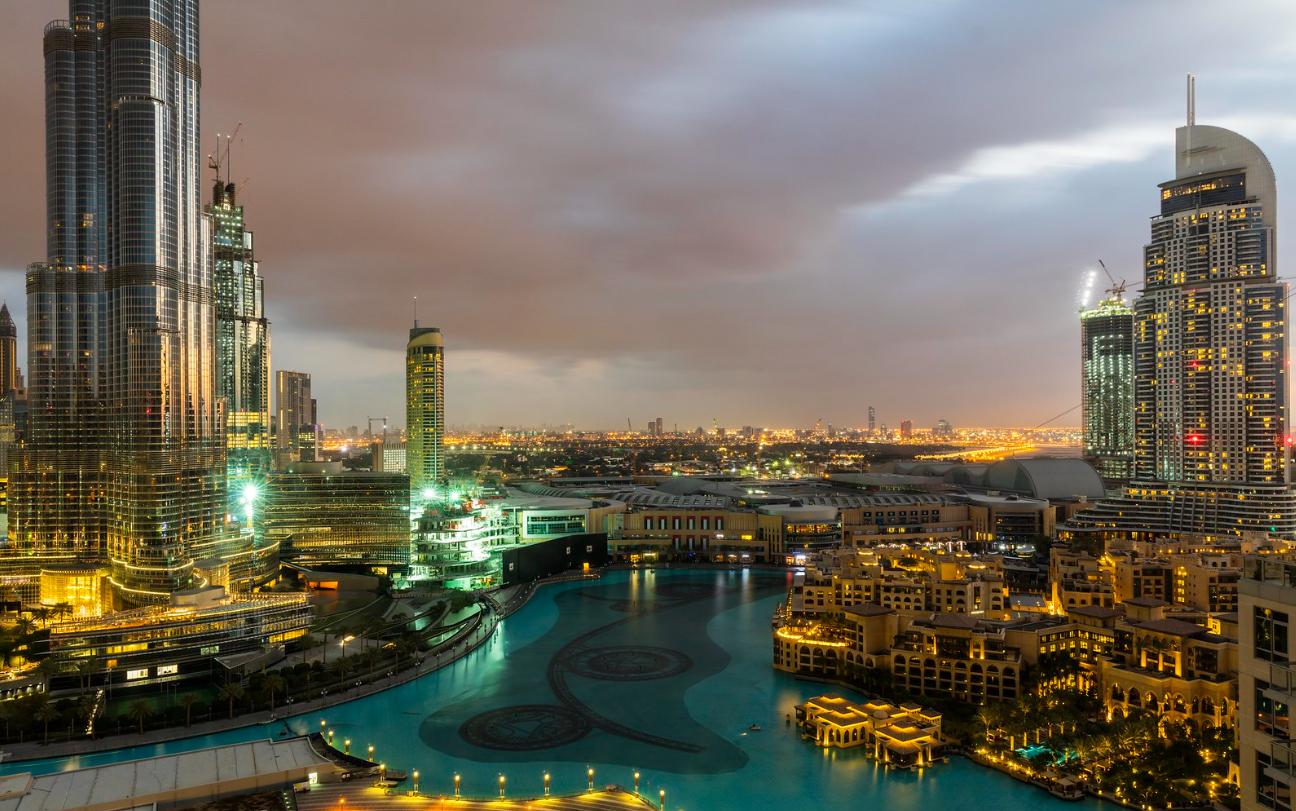
Car rental in Dubai is relatively affordable, especially for short-term stays. Additionally, car-sharing services can also be used.
3.4. Transportation Costs for Comparison
It’s easiest to compare the prices of different modes of transportation in the city through a table. This will provide an accurate comparison and offer the most complete picture.
Mode of Transport | Service | Price (AED) | Price (USD) |
Metro | One-way trip | 3–7.5 | $0.8–$2.0 |
Bus | One-way trip | 3–5 | $0.8–$1.4 |
Bus | Monthly pass (30 days), General Zone | 270 | $73.5 |
Taxi | Boarding + 1 km | 12 + 2 AED/km | $3.3 + $0.55/km |
Car Rental | Economy class (per month) | From 1500 | $410 |
Gasoline | 1 liter | 3 AED | $0.8 |
Parking (City Center) | Per hour | 2–10 | $0.55–$2.7 |
To optimize transportation costs in Dubai, there are several effective strategies that can help save money (and time!) when moving around the city.
Firstly, it’s recommended to actively use public transport, as it is the most economical way to get around. Thanks to the NOL card system, you can easily pay for metro, bus, and tram rides by topping up the balance in advance. Metro and buses are especially efficient for daily commutes since they connect key city areas and often cover long distances faster than taxis, especially during rush hours.
Another cost-saving option could be car-sharing — renting a car for a short period. In Dubai, services like ekar and Udrive are popular, allowing users to rent a car for a few hours or a day. This is convenient for those who don’t plan on using a car daily but occasionally need one.
If you need a taxi, you can use ride-sharing services via apps like Careem. This allows you to split the cost of the ride with other passengers, significantly reducing expenses. It’s also a good idea to avoid frequent taxi rides during the busiest hours, when rates may be considerably higher.
Don’t forget about parking, especially if you are renting a car. In the city center, parking can be expensive, so it’s better to plan routes in advance and use public transport or find more affordable parking outside the central areas. This will not only save money but also help avoid traffic jams.
4. Work and Salaries
Dubai is a major economic hub that attracts professionals from around the world. It is home to international companies, startups, and businesses in various sectors, from finance and IT to tourism and construction. Salary levels depend on qualifications, experience, and the industry, but overall, they remain high compared to many other countries.
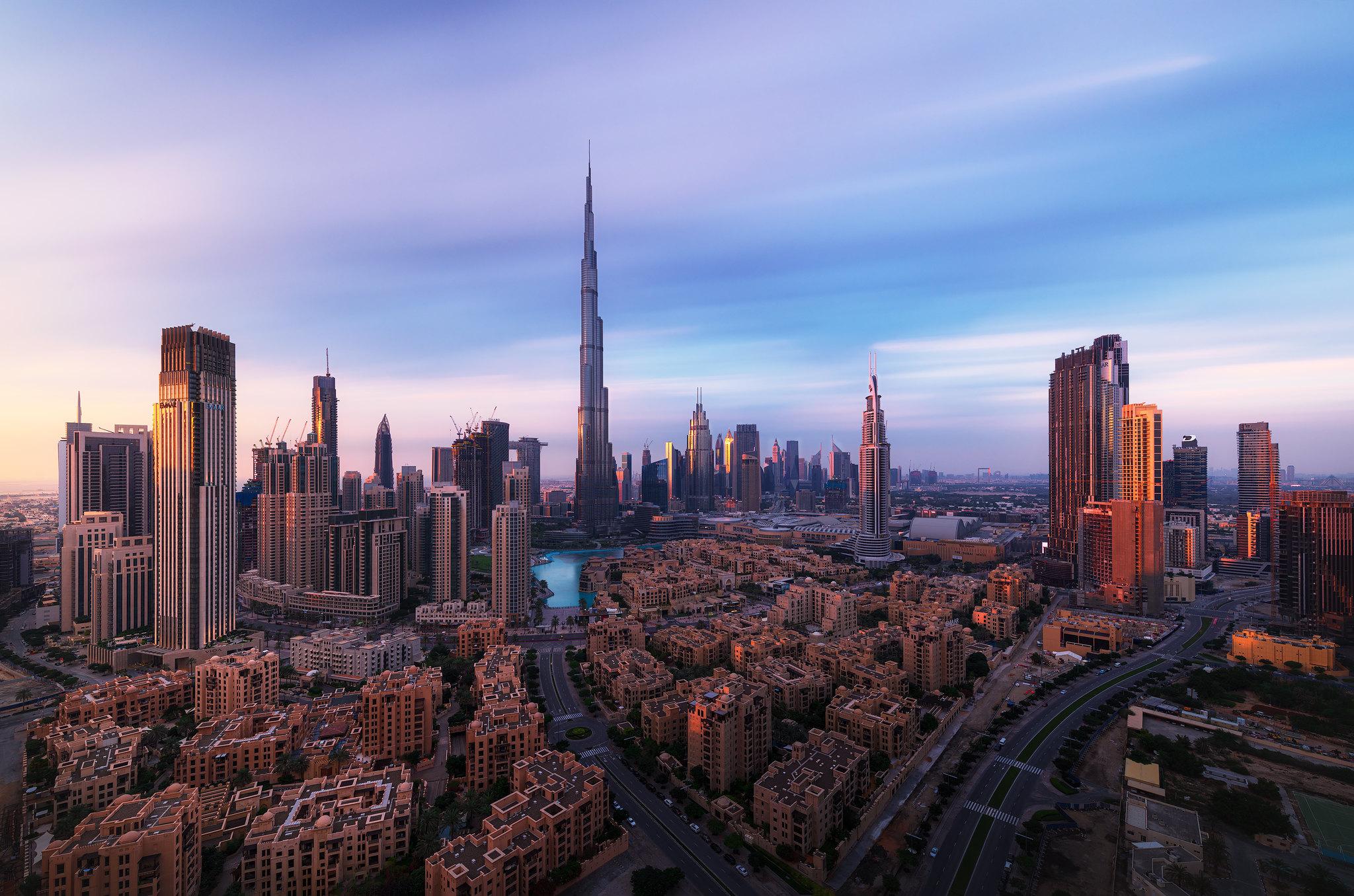
An important feature of working in Dubai is the absence of income tax, which makes salaries more attractive compared to other countries. However, employers typically do not provide "packages" with housing and medical insurance, so employees are responsible for these expenses, which often take up a significant (if not the majority) part of their salary.
Popular employment sectors for expats by the end of 2024:
- IT and technology: Dubai is rapidly developing as a tech hub, attracting specialists in development, artificial intelligence, and data analysis.
- Financial sector: Banks, investment firms, and insurance companies offer high salaries to professionals.
- Hospitality and tourism: The hospitality sector traditionally attracts mid-level workers, from chefs to managers.
- Construction and engineering: Dubai, along with other Emirates, always needs specialists to implement ambitious infrastructure projects.
- Education: Teachers in international schools receive competitive salaries, especially those with experience and high-quality education.
- Healthcare: The Emirates attract highly qualified doctors in various fields, with specialists being in high demand.
Average salaries in Dubai by sector:
Sector | Position | Average Salary (AED) | Average Salary (USD) |
IT and Technology | Programmer | 15,000–25,000 | $4,100–$6,800 |
Finance | Financial Analyst | 20,000–35,000 | $5,500–$9,600 |
Hospitality | Hotel Manager | 12,000–25,000 | $3,300–$6,800 |
Construction | Construction Engineer | 10,000–20,000 | $2,700–$5,500 |
Education | International School Teacher | 10,000–18,000 | $2,700–$4,900 |
Marketing and Sales | Marketing Manager | 15,000–25,000 | $4,100–$6,800 |
Important considerations:
- Contracts and bonuses: Many companies offer annual bonuses, cover travel expenses home, and sometimes provide medical insurance.
- Working hours: The workweek typically runs from Monday to Friday, but in tourism and retail sectors, weekend work may be required.
- Visas: Work visas are processed through the employer, but family members accompanying the employee must apply for their visas separately.
Summary: Working as a highly qualified specialist in Dubai allows you to maintain a high standard of living, even with the relatively high costs of basic necessities. Employees with mid-level qualifications may spend half or more of their salary on living expenses in Dubai.
5. Education
Dubai offers a variety of educational opportunities for both children and adults, with a wide selection of institutions catering to expats. The city is home to international and private schools, colleges, universities, and specialized courses for professionals. However, it’s worth noting that education in Dubai can be quite expensive, especially at private institutions.
5.1. Preschool Education
Preschool education in Dubai involves kindergartens where children can begin learning from a young age. Many kindergartens follow international educational programs, such as the British EYFS (Early Years Foundation Stage), which focuses on the development of basic skills (reading, writing, math, physical development, and creative expression through art and music). The American Pre-Kindergarten program is popular, preparing children for primary school through active and varied activities. These kindergartens offer full-day sessions with a variety of programs, including sports, music, and language courses — a model that Dubai has adopted as well.
As for public kindergartens, there are few in Dubai, and they typically offer a limited range of services with certain admission requirements. Private kindergartens, which have international standards and offer multiple educational programs, are more popular among expats. The cost of private kindergartens varies depending on the program and location but averages between 10,000 and 30,000 AED ($2,700–$8,200) per year.
5.2. School Education
Dubai is known for its international schools, which offer various programs such as the IB (International Baccalaureate), GCSE (General Certificate of Secondary Education), American education system, and others. International schools provide high-quality education and a modern approach to learning, but tuition fees can be quite high.
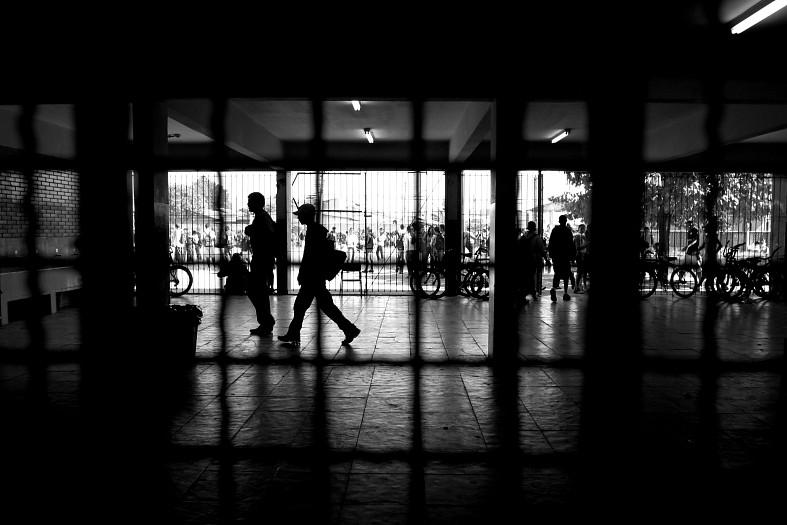
Tuition fees at private international schools in Dubai vary depending on the level of education (primary, secondary, or high school) and the prestige of the institution. On average, the annual tuition for an international school can range from 30,000 to 100,000 AED ($8,200–$27,200). Some of the most popular international schools in Dubai include institutions like Dubai American Academy, Jumeirah English Speaking School, and Dubai International Academy.
The city also has public schools; however, they are primarily for UAE nationals and may not always accept expat children. Public schools in Dubai are more affordable but generally offer education in Arabic and are focused on local culture and traditions.
5.3. Higher Education
Dubai is an important educational hub in the Middle East, attracting students from around the world. The city hosts branches of well-known international universities, such as the University of Wollongong, Heriot-Watt University, Middlesex University, and others. These universities offer a wide range of programs, from business courses to engineering and medicine, as well as postgraduate and doctoral studies.
Tuition fees at universities in Dubai vary depending on the program and the institution. On average, undergraduate tuition costs range from 40,000 to 80,000 AED ($10,900–$21,800) per year and can be higher for master's programs.
Additionally, Dubai is home to specialized institutes focused on education in fields such as business, tourism, information technology, and engineering. These institutions offer diploma programs and professional courses that can be beneficial for career development.
5.4. Additional Education Expenses in Dubai
In addition to the main tuition fees, parents will need to account for other expenses. A notable example is transportation. Many schools in Dubai offer school bus services, which is convenient for parents who cannot drop their children off at school daily — but these services are paid. The cost ranges from 5,000 to 10,000 AED ($1,360–$2,720) per year, depending on the distance and the school.
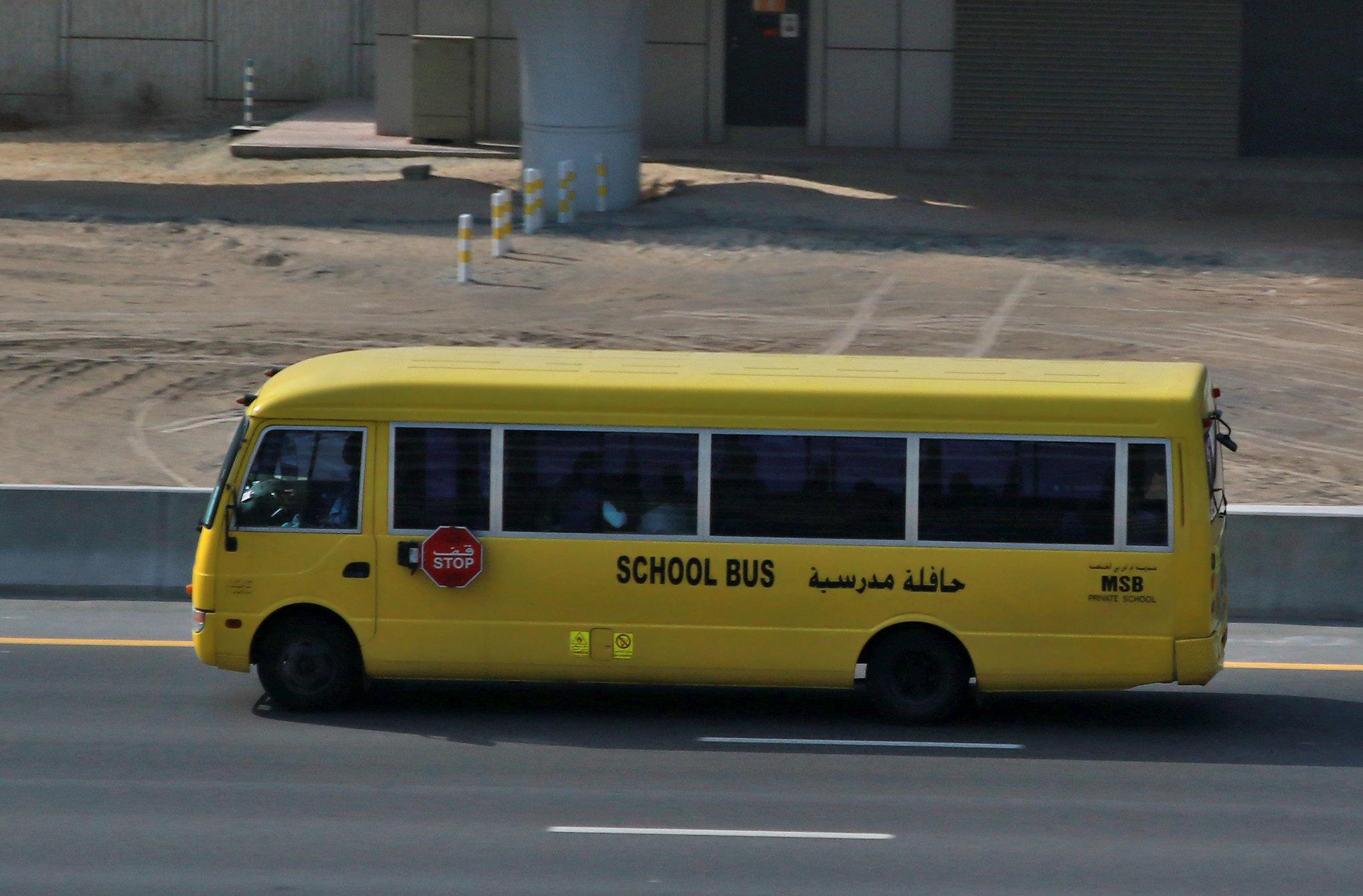
Another expense is school uniforms. Most schools in Dubai require students to adhere to a dress code, and parents are obligated to purchase uniforms. The price for a uniform can range from 500 to 1,000 AED ($135–$270), depending on the institution and the child's age.
Don't forget about educational materials. Textbooks, tablets, stationery, and other supplies can add another 2,000–5,000 AED ($540–$1,360) per year to overall expenses. These costs are seasonal, but it's still important to account for them.
6. Healthcare and Medical Services
Healthcare in Dubai is of a high standard, thanks to modern equipment, qualified specialists, and international standards. Most hospitals and clinics are accredited by the Joint Commission International (JCI), ensuring a high level of medical services.
However, medical services in Dubai are paid, and the cost of treatment can be significant. For most residents, access to healthcare is provided through insurance, which is sometimes offered by employers. However, not all policies cover all types of services, so it's important to be aware of potential costs.
6.1. Medical Services
Public hospitals, such as Dubai Health Authority (DHA), provide quality services, but they are primarily used by UAE nationals. Expats tend to choose private clinics, such as Mediclinic or Emirates Hospital, due to shorter wait times and more personalized care. However, non-citizens can obtain a special card, which allows them to receive services at public clinics with a 50% discount.
Important: Health insurance is mandatory for staying in Dubai. If you do not have insurance, you will be fined for each month without coverage.
Estimated Healthcare Costs
Service | Cost (AED) | Cost (USD) |
Doctor's consultation in a private clinic | 250–600 | $68–$165 |
General blood test | 200–400 | $55–$110 |
X-ray | 300–800 | $82–$220 |
Dentist visit | 300–1,000 | $82–$270 |
Delivery in a private clinic | 15,000–25,000 | $4,100–$6,800 |
Medical insurance (per year) | 5,000–15,000 | $1,360–$4,100 |
Tip: Ambulance services are free of charge. However, if the patient requires follow-up treatment (including hospitalization), they will need to pay for it. Generally, hospitalization is expensive.
6.2. Medications
The prices of medications in Dubai depend on their origin (locally produced or imported) and category (over-the-counter or prescription). Pharmacies offer both affordable generics and expensive branded drugs.
Compared to Russian prices, medications in the UAE are generally more expensive, even for basic and popular drugs. This is something to be prepared for, as non-citizens cannot receive free treatment in this country.
Estimated prices for popular medications:
Medicine | Purpose | Price (AED) | Price (USD) |
Paracetamol (Panadol, 20 tablets) | Pain reliever, fever reducer | 10–15 | $2.7–$4.1 |
Ibuprofen (Brufen, 400 mg, 20 tablets) | Pain reliever, anti-inflammatory | 12–20 | $3.3–$5.5 |
Antihistamine (Clarityn, 10 tablets) | Allergy treatment | 25–35 | $6.8–$9.6 |
Omeprazole (Losec, 20 mg, 14 capsules) | Acid reflux treatment | 30–50 | $8.2–$13.6 |
Antibiotic (Amoxicillin, 500 mg, 20 capsules) | Infectious diseases | 40–60 | $11–$16 |
Vitamin D (capsules, 30 pcs) | Vitamin deficiency prevention | 40–70 | $11–$19 |
Tip: Some insurance plans cover not only doctor's services but also medication purchases.
Tips for optimizing medical expenses:
- Check insurance coverage: Ensure that your policy includes coverage for services such as dentistry, therapy, ophthalmology, and other essential areas. You can also opt for coverage for medication purchases.
- Consider public hospitals: They offer services to expats at affordable prices with the Health Card.
- Compare clinics: Private medical centers offer varying rates, so it's worth researching reviews and prices. Additionally, some hospitals have different prices for men and women.
- Use online services: Some insurance companies offer telemedicine services, saving both time and money.
7. Entertainment and Leisure
Dubai is a city with a rich cultural life and many options for leisure. There's something for everyone—whether it's shopping, outdoor activities, or cultural events. However, it's important to remember that entertainment in Dubai can be quite expensive, especially when it comes to visiting popular tourist attractions, restaurants, or clubs.
7.1. Shopping in Dubai
Dubai is famous for its massive and luxurious shopping malls, such as Dubai Mall, Mall of the Emirates, and Ibn Battuta Mall. These malls not only offer a wide selection of products from world brands but also become true entertainment complexes. Simply walking around them is already a great pleasure. Here, you can find not just clothing, footwear, and accessory stores, but also various attractions, including aquariums, ice rinks, cinemas, and even theme parks. The malls attract both tourists and locals with their variety and comfort.
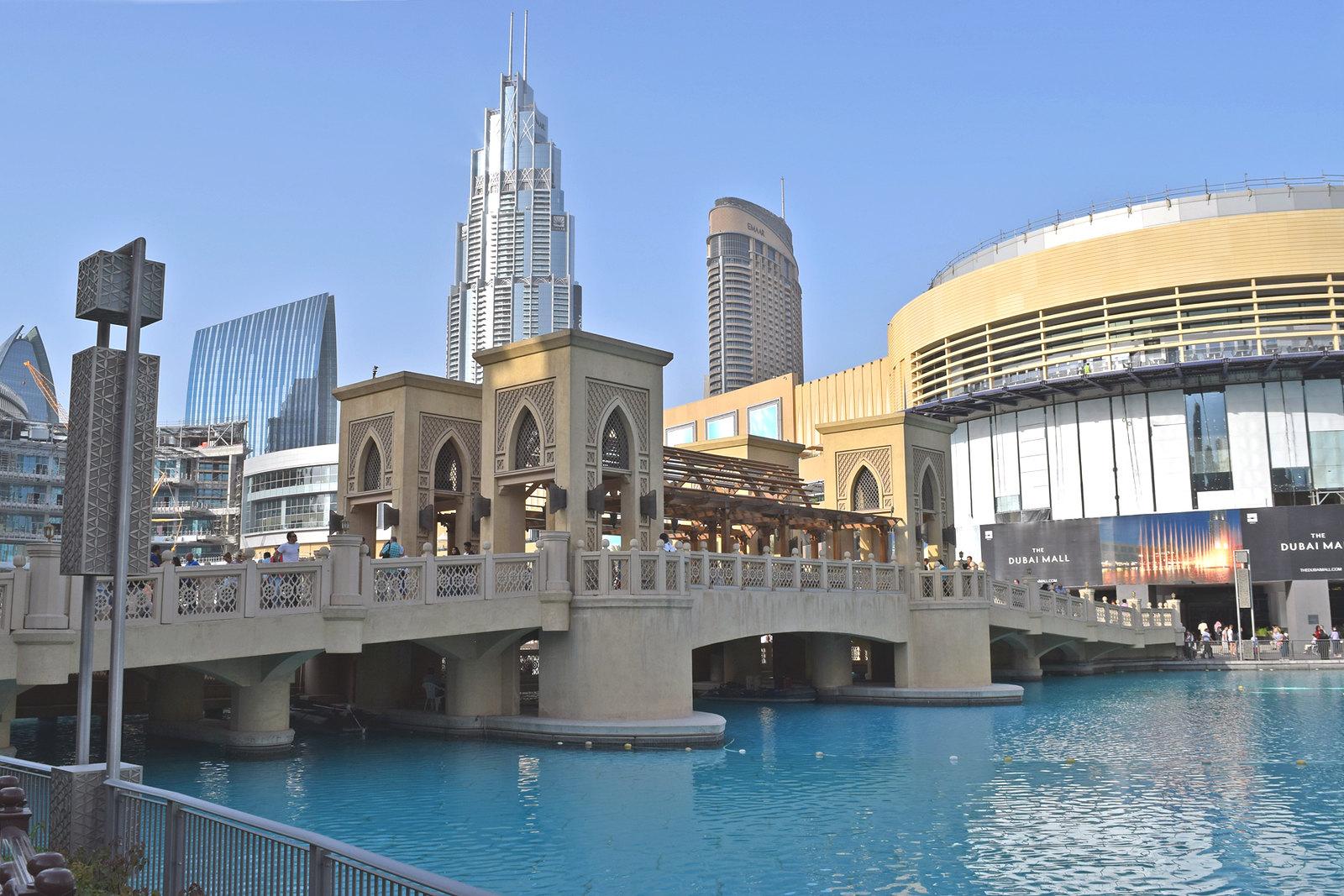
Prices for goods in shopping malls can vary significantly, ranging from reasonable prices for mass-market brand products to higher prices for luxury goods. For example, at Dubai Mall, you can find both clothing and accessories from well-known brands as well as more affordable items in stores catering to the general consumer. Despite the presence of large discounts and promotions, prices for well-known brand products are often higher than in other countries due to taxes and rents in prestigious locations.
In addition to traditional shopping malls, marketplaces are actively developing in Dubai and are becoming an important part of the local shopping culture. Platforms like Noon, Amazon.ae, and Carrefour allow shoppers to order goods online with home delivery or pick-up point options. These services offer a wide range of products—from electronics to food—and often provide promotions and discounts. Noon and Amazon.ae also offer convenient payment methods, including cash on delivery.
Moreover, many stores and brands featured in physical shopping centers have their own online platforms, where buyers can purchase products with convenient delivery (such as Carrefour). In addition to global marketplaces, smaller online stores are also popular in Dubai, such as Namshi, which specializes in fashion clothing and accessories, and Sprii, which focuses on products for children and family shopping.
7.2. Cinema and Cultural Events
Cinemas in Dubai offer a wide selection of films, including the latest global releases. The city has both standard cinemas with modern equipment and more exclusive options, such as IMAX screens or theaters with reclining chairs for a more comfortable viewing experience. Popular cinema chains like VOX Cinemas and Reel Cinemas offer not only regular screenings but also special movie events, including premieres, retro films, and screenings of cult and art-house movies for art enthusiasts.
In addition to cinema, Dubai is actively developing its cultural life, offering a wealth of exhibitions, concerts, and theater performances. The city is often the venue for major global cultural events. Dubai Opera is the main venue for theatrical performances, concerts, and ballet shows. It hosts performances by world stars, theater troupes, and circus shows. As part of Dubai Art Season, regular art exhibitions, fairs, and cultural events are held, where you can explore works of art by both local and international artists.
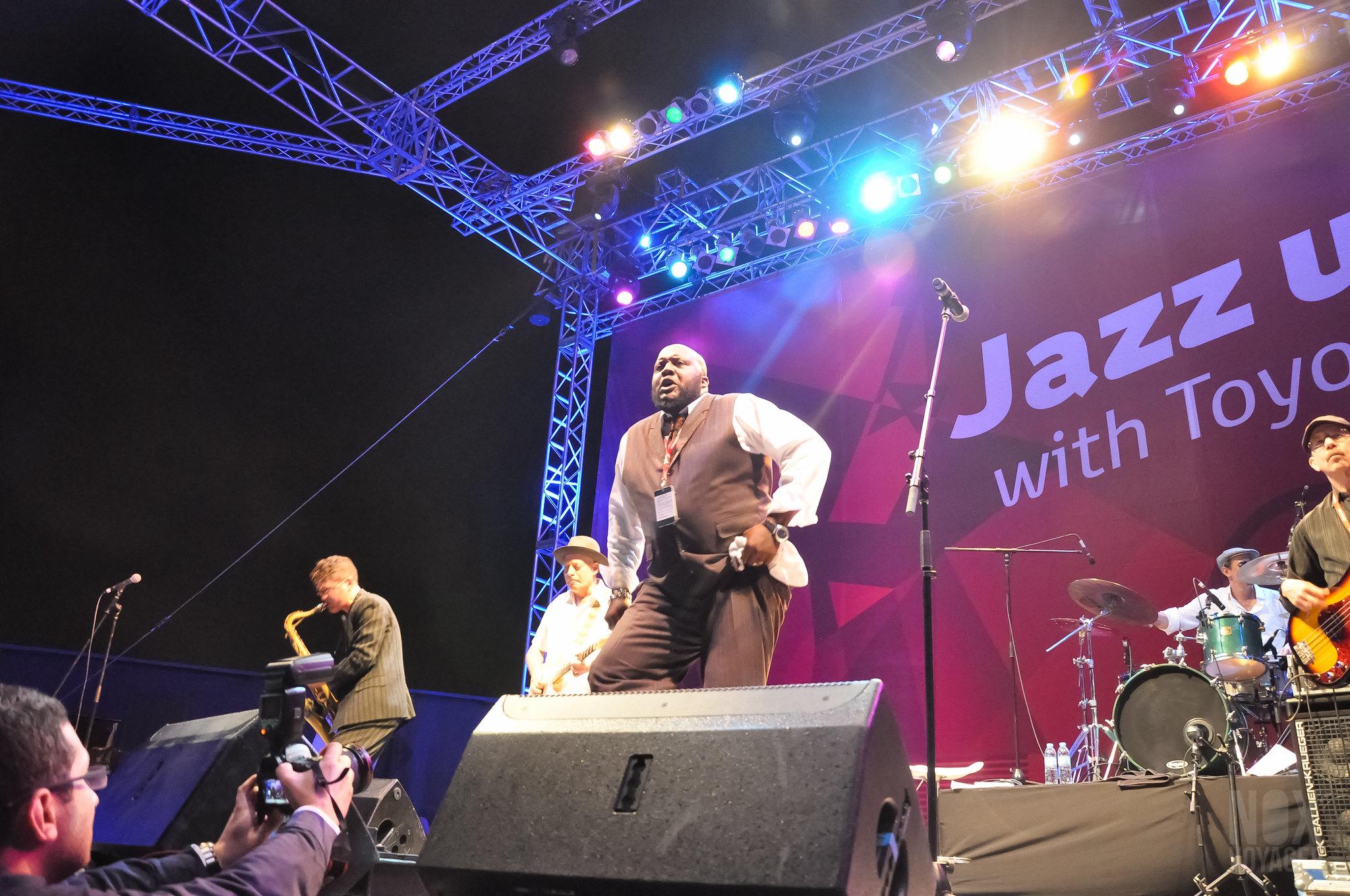
The city is also famous for its music festivals, such as the Dubai Jazz Festival and RedFestDXB, which attract world-renowned performers and musical groups. Those interested in culture and art can find many exciting events, making Dubai an appealing destination for lovers of culture and contemporary art.
7.3. Active Leisure and Sports
Dubai is an excellent place for active leisure and sports enthusiasts due to its ideal weather conditions and the wide range of activities available. The city offers opportunities for diving, exploring underwater reefs and marine life, particularly in the Palm Jumeirah area and off the coast of Jebel Ali. Surfing is also popular, with excellent conditions on the beaches of Jumeirah Beach.
One of the most popular activities is desert excursions, where you can explore sand dunes, ride camels, or go on a safari in off-road vehicles. This is not only an exciting activity but also a unique way to experience the nature of the UAE. For winter sports enthusiasts, Ski Dubai, an indoor ski resort in the Mall of the Emirates, is located right in the heart of the city. There, you can snowboard or ski and enjoy winter activities, despite the city's hot climate.
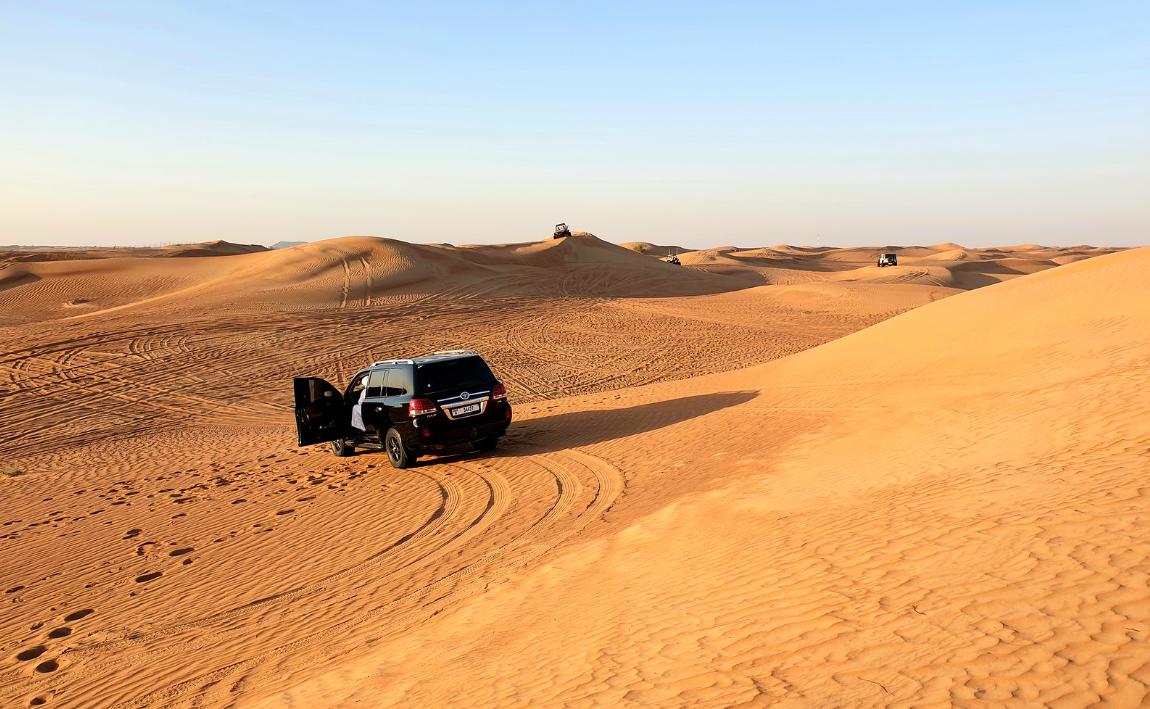
Additionally, Dubai offers a vast number of sports clubs, fitness centers, and pools, where you can practice yoga, swimming, CrossFit, or other forms of fitness. Popular clubs include Fitness First, Gold's Gym, and GymNation, which offer a wide range of services for maintaining physical fitness.
For golf enthusiasts, Dubai has several luxurious golf clubs, including Emirates Golf Club and Dubai Creek Golf & Yacht Club, which often host international tournaments. Furthermore, the city is known for its cycling routes and pedestrian paths along the beaches and throughout the city, allowing residents and visitors to enjoy outdoor activities.
Estimated Prices for Entertainment and Leisure:
Activity | Price (AED) | Price (USD) |
Entrance to Dubai Aquarium | 100–150 | $27–$40 |
Entrance to Burj Khalifa (observation deck) | 150–300 | $40–$80 |
Visit to Ski Dubai (1 hour) | 250–300 | $68–$82 |
Cinema ticket | 35–50 | $9.5–$14 |
Ticket for a concert or show | 100–500 | $27–$136 |
Fitness club (monthly membership) | 200–700 | $55–$190 |
Bicycle rental (1 hour) | 30–50 | $8–$14 |
Tips:
- Discounts and promotions: One of the enjoyable aspects of Dubai is the large number of sales and promotions, especially during the Dubai Shopping Festival and Summer Surprises, where you can find items discounted by up to 70%.
- Plan ahead: For popular attractions like the Burj Khalifa or aquariums, it is better to buy tickets in advance to avoid long queues and even save on ticket prices.
- Choose free activities: Walking along the beaches, parks, and promenades of the city is a great way to spend time without significant expenses. Many cultural events and festivals may also be free of charge.
9. Taxes and Fees
One of the pleasant advantages of living in Dubai is the absence of income tax. This attracts many expats since all earned money stays in their hands. However, it is important to note that Dubai does have other taxes and fees that may affect the overall cost of living and the family budget.
Main Taxes and Fees in Dubai:
Tax/fee type | Description | Amount (AED) | Amount (USD) |
VAT (Value Added Tax) | Introduced in 2018, applied to most goods and services. | 5% | — |
Property Tax (rental fee) | Charged to tenants based on the rental value of property. | 5% of annual rent | — |
Municipal Property Tax | Tax on property owners, charged annually. | 0.5% of property value | — |
Road Usage Fee (Salik) | Toll system for roads. | 5 AED per toll station pass | $1.4 |
Although the UAE does not levy an income tax, it is important to remember that citizens of other countries may be required to pay taxes in their home country—even if they live and work in Dubai. It is recommended to consult with a tax advisor to avoid any issues with the tax authorities in your home country.
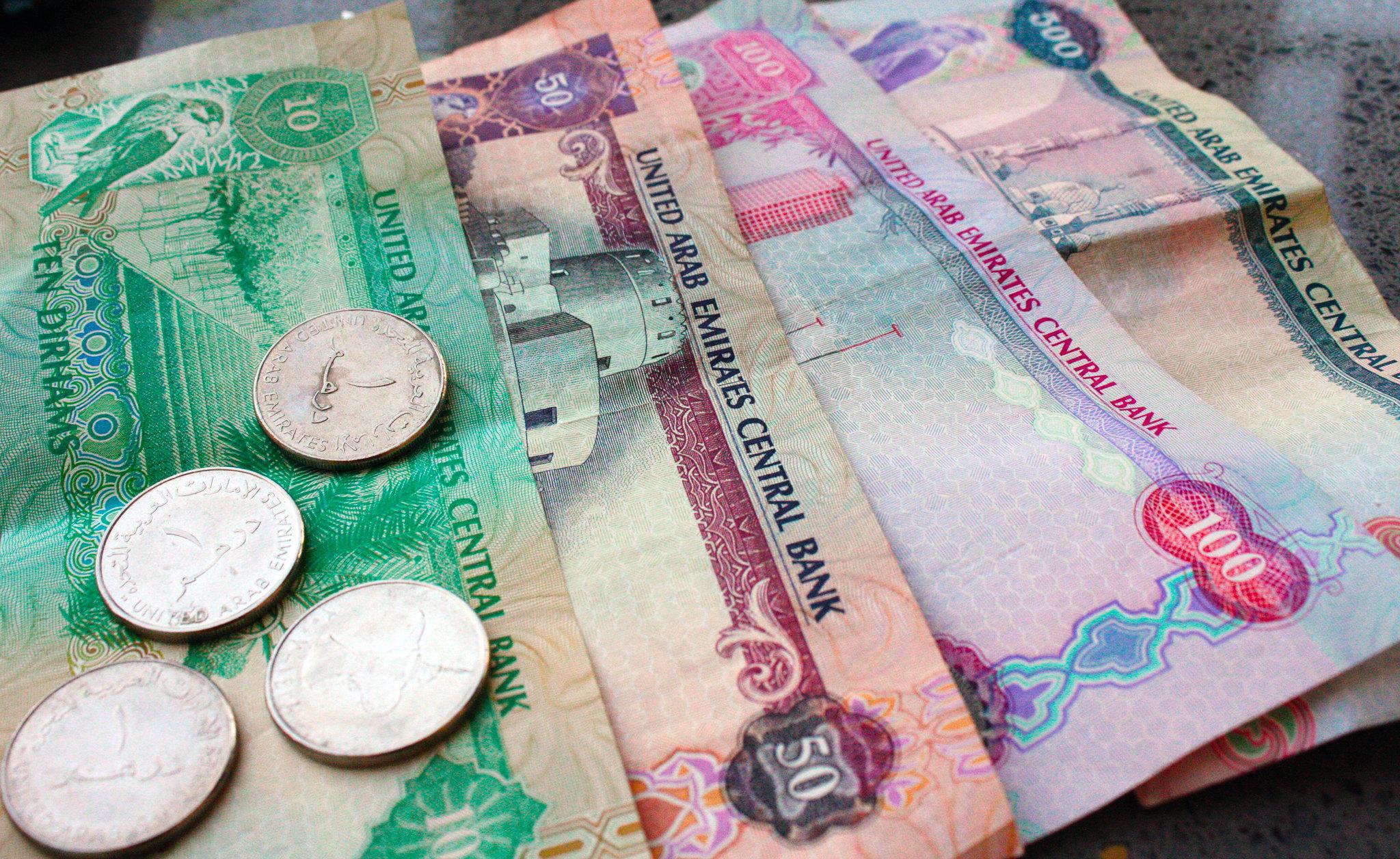
Tax Tips:
- Plan for VAT expenses: The 5% VAT rate applies to almost all goods and services in the country. It's important to account for this in your budget, especially when purchasing food, clothing, and entertainment.
- Monitor property taxes: If you own property in Dubai, make sure to pay all property taxes and fees on time.
- Consult with experts: Expats working in Dubai should consult with tax advisors to avoid double taxation.
10. Other Expenses
In addition to the main categories of expenses, there are various other costs in Dubai that may impact your overall budget. These include mobile services, internet, childcare, pet services, and other personal expenses.
The cost of mobile services and the internet in Dubai is relatively high compared to other countries. However, providers offer various plans—both for residents and tourists—with flexible terms.
Service | Cost (AED) | Cost (USD) |
Mobile plan (per month) | 100–300 | $27–$82 |
Internet (basic package, 1 month) | 300–600 | $82–$163 |
For people who travel often or work from home, various high-speed mobile data and home internet packages are also available.
If you have children, you may encounter additional expenses for services such as nannies, extracurricular activities, or field trips. Childcare services can be quite expensive, and depending on your needs, expenses in these categories can vary.
Service | Cost (AED) | Cost (USD) |
Nanny (per day) | 100–300 | $27–$82 |
Additional classes for children (per month) | 300–1,000 | $82–$270 |

Pet services, such as veterinary care, grooming, or pet hotels, can add additional expenses to your budget.
Service | Cost (AED) | Cost (USD) |
Veterinary check-up | 150–300 | $41–$82 |
Pet grooming services | 150–500 | $41–$136 |
Pet hotel (per day) | 50–200 | $14–$54 |
Thus, Dubai has a relatively high cost of living, but it comes with high expenses for housing, food, transport, and entertainment. Despite the absence of income tax, spending on essential goods can be significant, especially in large and popular areas such as Downtown Dubai, Dubai Marina, or Jumeirah. However, considering the unique business environment, stable economy, and numerous professional growth opportunities, many people find these costs offset by high salaries.

